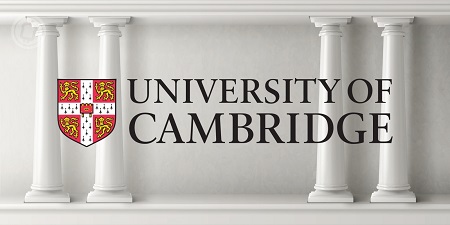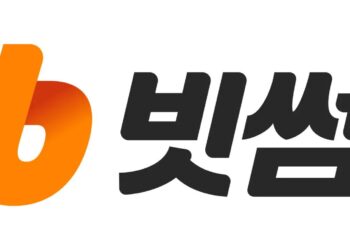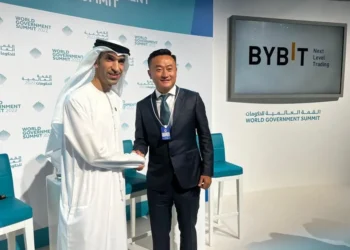The University of Cambridge is partnering with some of the largest financial conglomerates to research cryptocurrency and its usage.
The Cambridge Center for Alternative Finance (CCAF) has created a research program that analyzes and offers insights into the development of the digital asset ecosystem, which includes cryptocurrencies.
The project is called the Cambridge Digital Assets Programme (CDAP), and it is a collaboration between public and private institutions spanning sixteen organizations. It includes private financial institutions like Goldman Sachs, Visa, Mastercard, and Invesco. Public institutions such as the Bank for International Settlements Innovation Hub and the International Monetary Fund are also partners in the project.
The Cambridge Digital Assets Programme also has participants like British International Investment, Dubai International Financial Center, Ernst & Young, Fidelity, UK Foreign, Commonwealth, and Development Office, Inter-American Development Bank, London Stock Exchange Group, MSCI, and the World Bank.
One of the main purposes of the initiative is to analyze the risks and opportunities linked to adopting cryptocurrencies en masse. It is tailored to be an evidence-based public dialogue.
The project focuses on major concepts aligned with the consequences of using digital assets, especially the environmental implications. Digital assets covered in the space include cryptocurrencies, central bank digital currencies, and stablecoins.
Based on the tenets of the project, it will build on the existing work done by CCAF, especially in the creation of the CBECI (Cambridge Bitcoin Electricity Consumption Index).
According to the CCAF Executive Director Bryan Zhang,
“The Cambridge Digital Assets program we are launching today aims to address the resulting need for greater clarity by providing data-driven insights through collaborative research involving public and private sector actors.”
If you would like to read more news articles like this, follow DeFi Planet on Twitter, Facebook and LinkedIn.





















